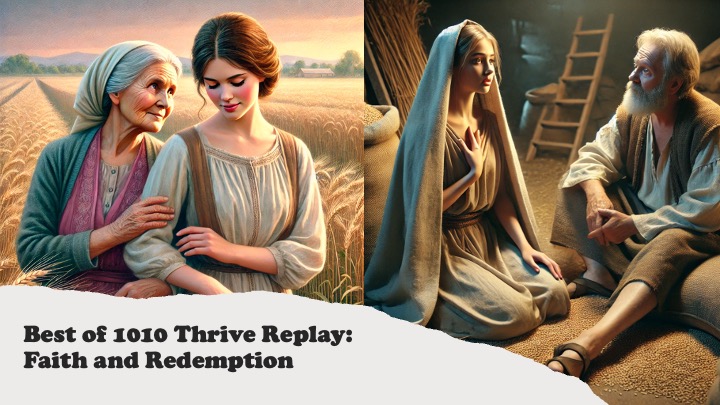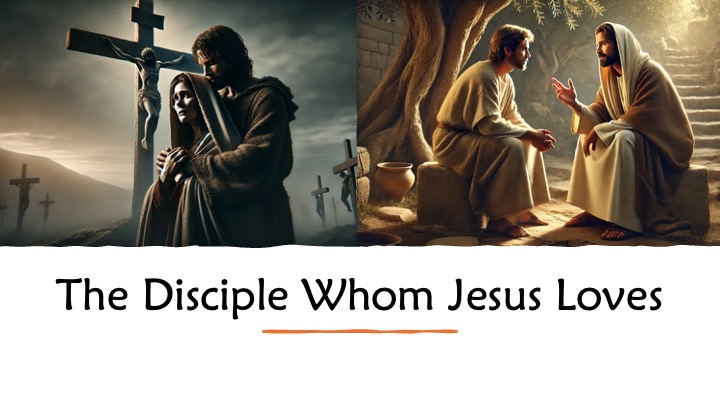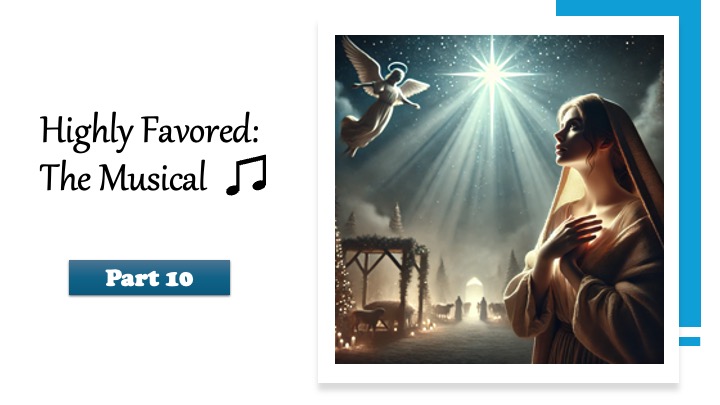The early chapters of Genesis introduce us to the antediluvian (pre-flood) world, a period of rapid human advancement coupled with growing wickedness. We see the emergence of cities, agriculture, metallurgy, and the arts, all pointing to an innovative civilization. However, as technology and culture flourished, so did corruption, as violence, moral decay, and rebellion against God spread throughout humanity. The stark contrast between Cain’s descendants, who pioneered industry and culture but also championed violence, and Seth’s lineage, which called on the name of the Lord, shows a world divided between human ambition and divine devotion. Yet, by the time of Noah, wickedness had overtaken nearly all of society, leading to God’s judgment through the flood.
The Bible provides clues about the organization and sophistication of this lost world, hinting at possible governance structures, social hierarchies, and even early forms of writing and technology. The extraordinary lifespans recorded in Genesis suggest that people had the time to develop vast knowledge, potentially leading to advanced engineering, astronomy, and medical practices. Some scholars theorize that the pre-flood world was climatically and geographically different, with a globally temperate climate and no rain until the flood. The moral decline of humanity, particularly through systemic violence, oppression, and intermingling with the Nephilim, played a key role in God’s decision to bring judgment.
The flood was not just an act of destruction but a reset, preserving Noah, a righteous man, and his family to restart humanity. Noah’s great-grandfather, Enoch, had walked with God, and his father, Lamech, expressed hope in Noah’s future role. The pre-flood world serves as a warning to modern civilization, reminding us that human achievement without moral integrity leads to ruin. Jesus referenced the days of Noah as a parallel to the end times, urging His followers to be vigilant. As we consider the lessons of this ancient world, we are challenged to pursue righteousness, walk in faith, and remember that the greatest legacy we can leave is one of obedience to God.

Today’s Episode is a Replay of Episode 661: "Faith and Redemption, " which features a first-person monologue from Naomi, reflecting on the events recorded...

In Part 6 of The Disciple Whom Jesus Loves, the story follows Jesus and His disciples as they leave Jerusalem after the Passover and...

This week we are replaying "Best of" episodes from the past. In this reprise of In Highly Favored: Part 10, Mary embarks on a...